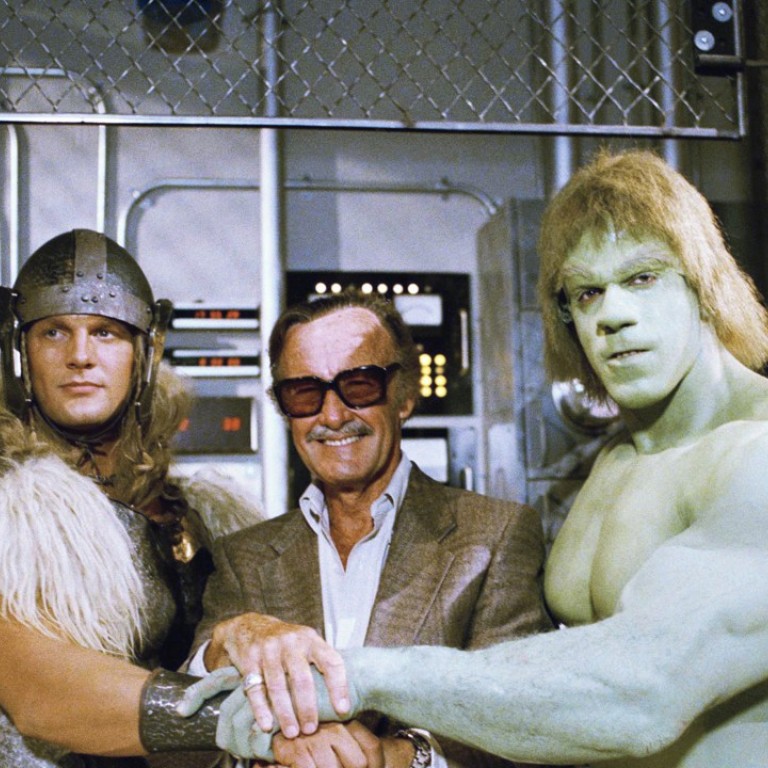
Not really a superhero – Stan Lee’s troubling tendency to take credit for the work of other, greater talents
- Yonden Lhatoo examines the legacy of the man behind the Marvel Comics phenomenon, arguing that he may not have been the creative genius he is made out to be
Now that the dust has settled after the death this month of comic book icon Stan Lee, and everyone and their mum – from mainstream media writers to Hollywood stars – have finished falling over each other to extol his “genius” and “legend”, a little counter-dose of down-to-earth reality may be in order.
As a hopelessly addicted comic book nerd since my childhood days, I’ve been delving deeper into the alternative narrative about “Stan the Man” among true pop culture fanatics, and it doesn’t make for comfortable contemplation. Nobody likes being told their revered and lovable grandpa wasn’t quite the superhero he’s made out to be.
While he was the beloved public face of Marvel Comics and is credited with conceptualising and building the superhero universe that millions around the world have come to love, most of his present-day would-be fans probably haven’t even heard the names of the immensely gifted artists and writers who should get equal, if not more, acclaim.
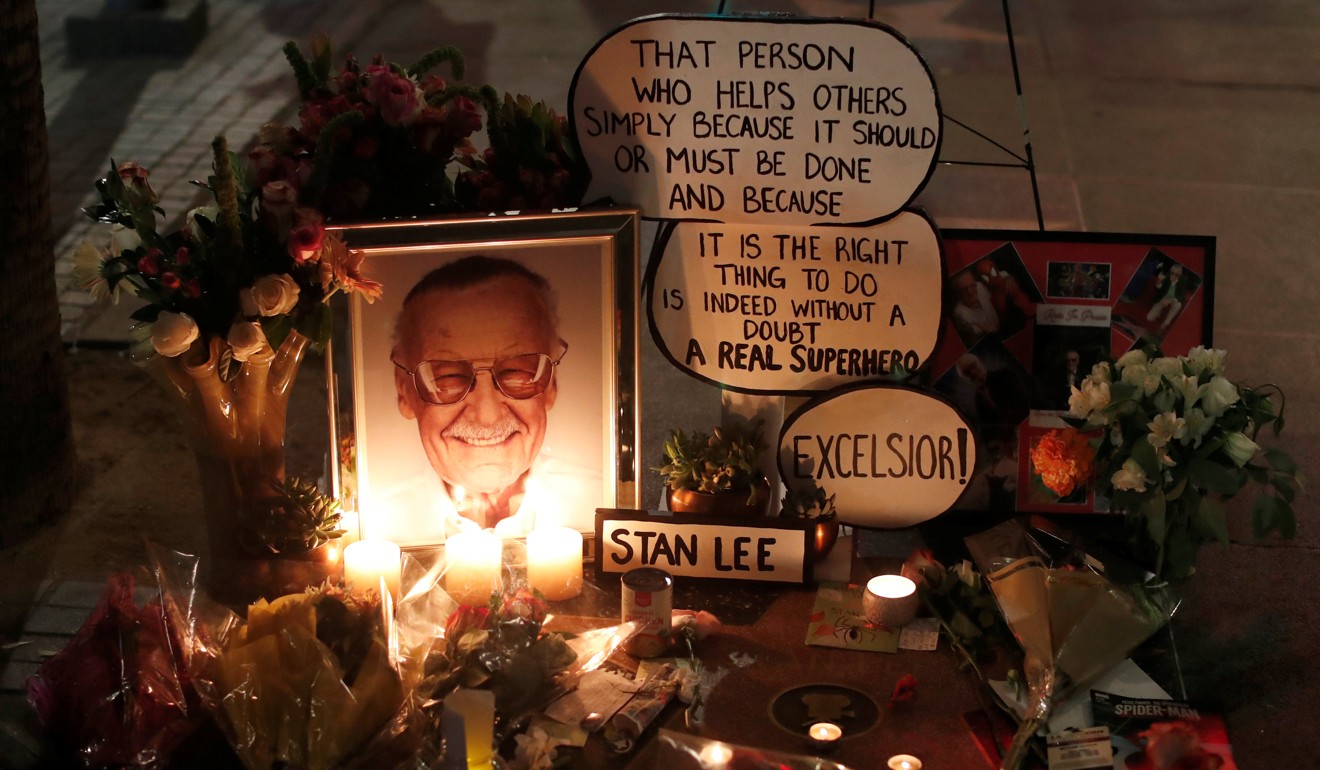
Marvel Comics writer Stan Lee’s five most iconic superheroes
Names like Jack “King” Kirby, the true genius and real creative force behind Marvel’s most celebrated and enduring costumed characters. Kirby was the phenomenal talent who created Captain America in 1940 for Marvel’s predecessor Timely Comics when Lee was a teenage gofer for the company, his job being to fill artists’ inkwells and fetch coffee for them.
The game-changer for what had become a flagging industry came in 1961 with the creation of the Fantastic Four, featuring heroes who stood out from the rest of the comic book tropes by juggling world-saving superpowers with regular human foibles. Lee claimed to have dreamed up the Fantastic Four, along with other hugely popular superheroes such as the Hulk and Thor, in collaboration with Kirby. The latter, after a fallout with Lee, testified to the contrary, saying, “Stan didn’t know what a mutation was.”
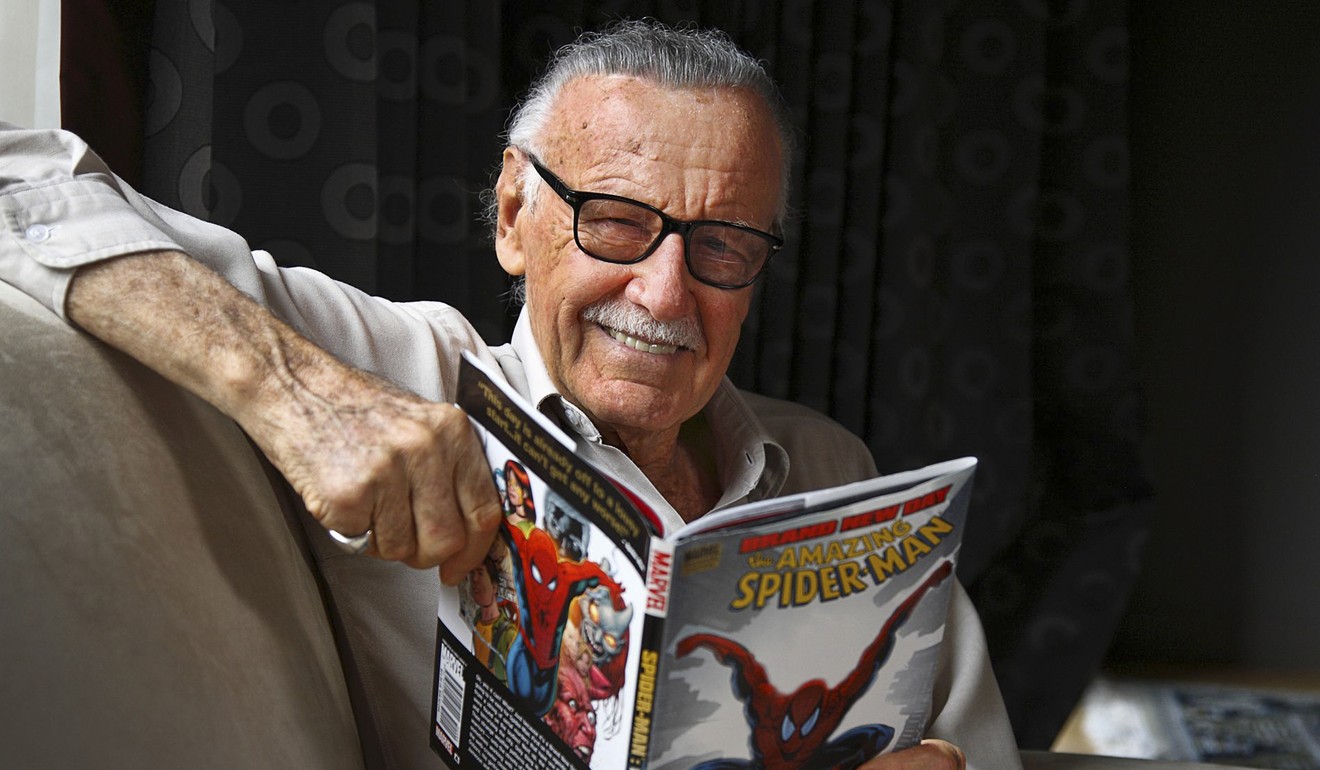
Kirby’s followers will tell you that Lee exploited the legendary artist’s talent and took credit for ideas that were not his to begin with.
“Stan Lee and I never collaborated on anything!” was how Kirby once put it. “I’ve never seen Stan Lee write anything.”
After quitting Marvel in disgust to join rival DC in 1970, Kirby went on to caricature Lee through the comic book character known as Flunky Flashman, a glory-hogging fraud who never created anything.
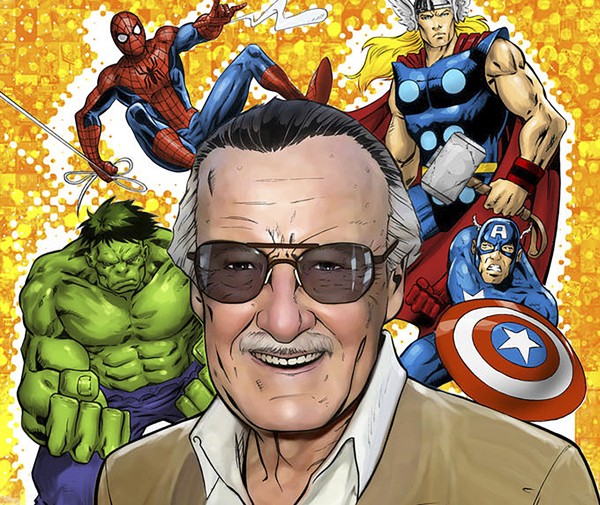
Another comic book luminary, Wally Wood, mockingly described Lee as someone who only “came up with two sure-fire ideas … the first one was, ‘Why not let the artists write the stories as well as draw them?’ … And the second was, ‘Always sign your name on top – big!’”
The great Steve Ditko was yet another fabled comic book artist who resented Lee’s taking credit, to the extent that he was not even on speaking terms with the latter while working on their wildly successful “co-creation”, Spider-Man.
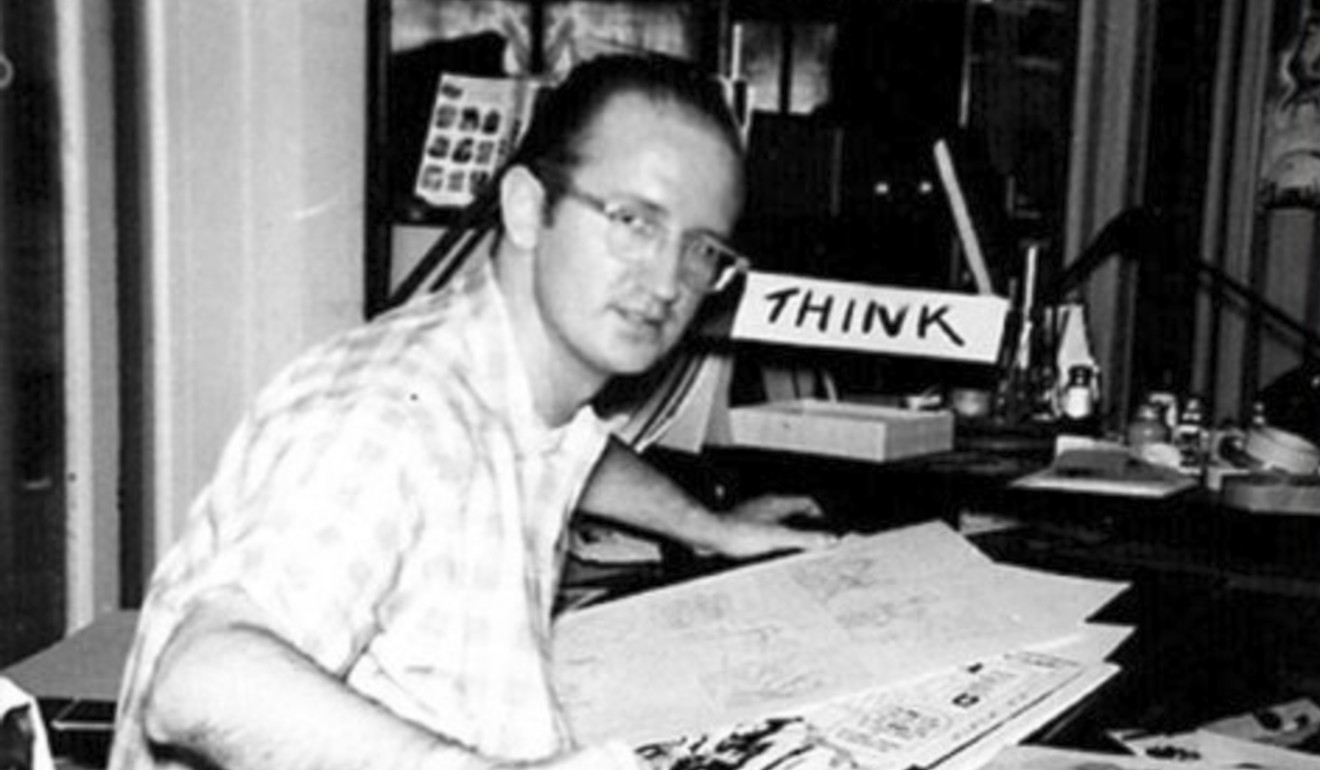
There was zero fanfare when Ditko, who also created Doctor Strange, was found dead in his flat in June this year, unsung and uncelebrated by Hollywood or the mainstream media.
Was it just a case of sour grapes with all these amazing artists, whose imagination knew no bounds, because they were envious of Lee’s commercial success? I tend to sympathise with them, because we all know what it feels like, in any profession, to do all the hard work and have some unscrupulous grandstander gobble up all the glory.
Remembering Marvel Comics creator Stan Lee
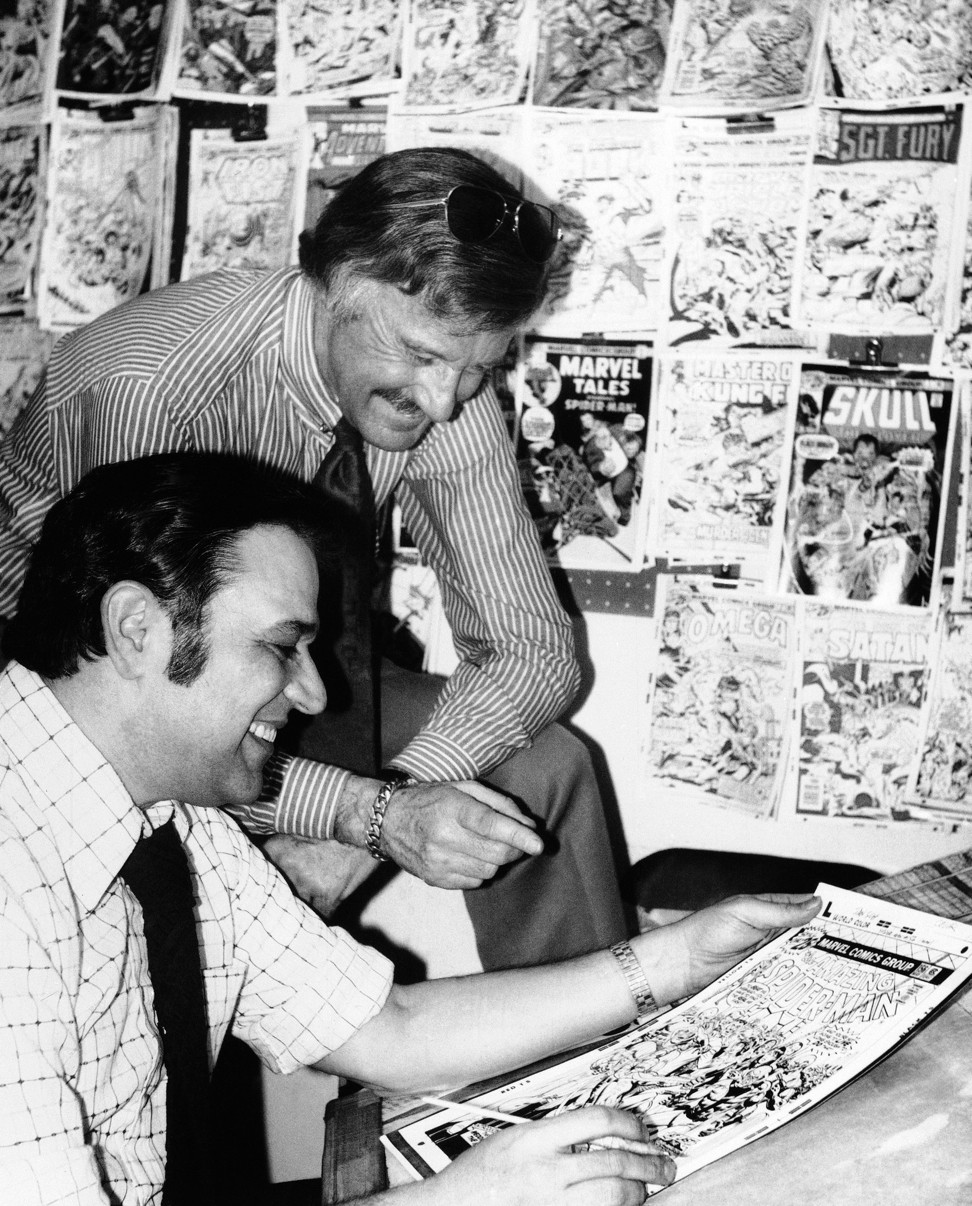
In all likelihood, Lee was probably more of a branding, marketing and self-promoting genius than the creative prodigy he’s made out to be. That doesn’t belittle his own role in bringing unbridled escapist joy to millions around the world, like me.
Rest in peace, Stan Lee. And Jack Kirby, and Steve Ditko. “Excelsior” to all of you, always.
Yonden Lhatoo is the chief news editor at the Post

